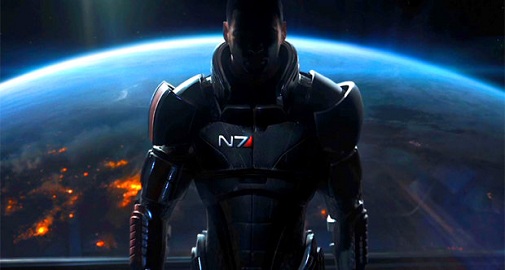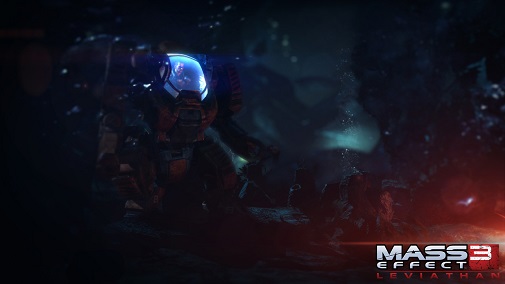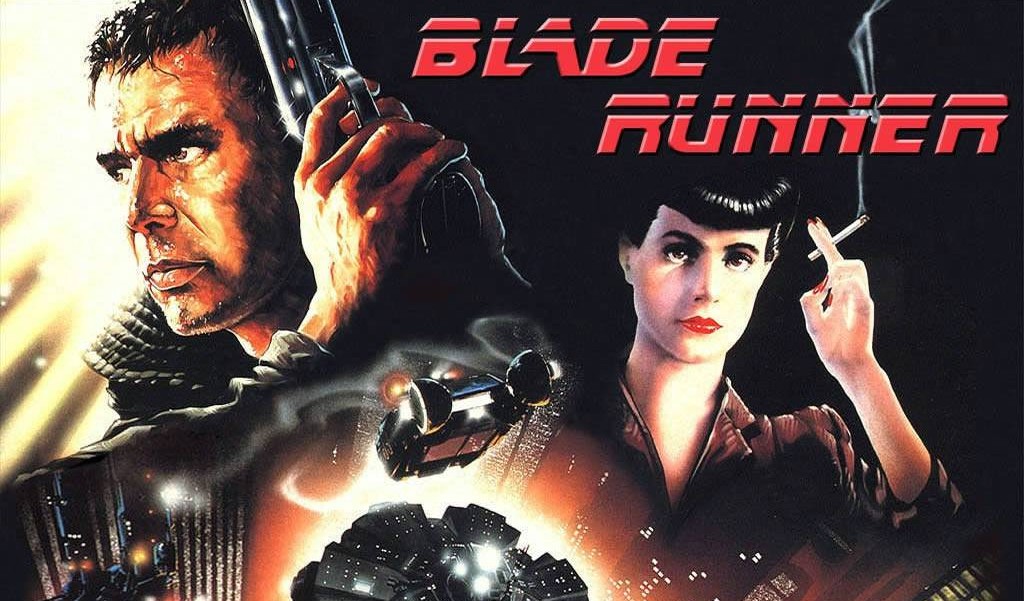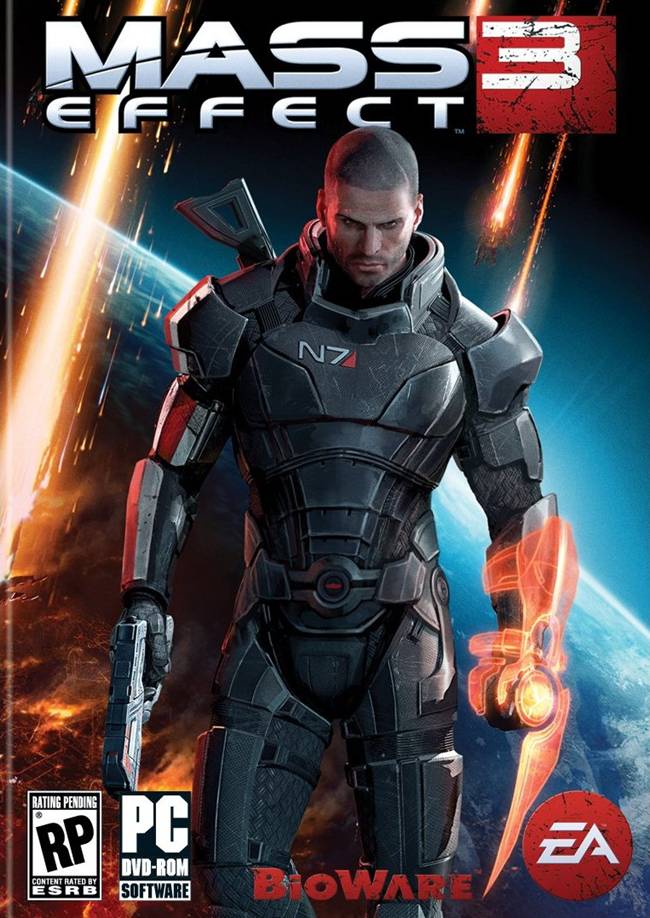
The most hilarious thing about Bioware, in light of the Mass Effect 3 ending controversy, is how it’s really “all on them”. Previous so-called “controversies”, such as the Fox News debacle and merging with EA, had the developer standing far back from the limelight.
If whether or not Shepard was indoctrinated weren’t such a big issue, the developer would have happily continued creating games. That focus, for better or worse, is what makes them such a great developer. But they responded this time, with the “Extended Cut” DLC, that gave a new set of endings for those who demanded them. For those who wanted closure.

Now even more divided opinions have arisen. Was the original ending so terrible, after all? Were we really prepared for a conclusion where the Reapers won? But more sadly was the stance that if enough pressure was put on a developer to change a game’s outcome, what did that say about their artistic vision? That it was flawed?
Now look at the new “Leviathan” DLC, wherein Shepard and crew look for a being that take down Reapers on his own. Wouldn’t that add a whole new wrinkle to the works if they brought him back for the battle on Earth? Then again, it’s a side mission, and could easily be another case “More than meets the eye” in the Mass Effect universe. Just like the “extended” cut. And that’s where the real interest arises.

Anyone who knows about the classic sci-fi film Blade Runner knows they’ll probably never it’s true ending, forget the original cut. The film had many different interpretations and endings, as most Hollywood films are prone to have, but these radically altered the experience. Comic books do it as well: Look at DC during the pre-Crisis days, and even leading up to Infinite Crisis. Several universes, all existing in the same continuity, within the same framework, all their outcomes intertwined yet distinct. It created a series rich with culture and lore (which wasn’t without it’s detractions. Hi Jason Todd!).
Whether Bioware is now veering in that direction or not is purely speculation. But when you’ve got no where else to go, unlike in Mass Effect 2 where you can reset the choices before going into Mass Effect 3, it would be amazing to see all these endings running in parallel to each other. To explore different interpretations, have them add to each other and if possible, even intersect with each other. No, I’m not talking about time-traveling and alternate universes like the 2008 Star Trek film. But little nods and winks, something to tie everything together.

It can all exist as a bunch of choices, but it’d add so much more if it all weren’t in a void. If it wasn’t simply a case of “well, you didn’t like this, then you can actually do this – you know, if you want to”, and had a greater degree of context. If David Lynch is going to offer me an alternative to the “Death Dream” theory behind Mulholland Drive, it shouldn’t exclude everything I’ve seen till now. Simply another way of looking at it. For Mass Effect 3’s new set of endings, it’s simple appeasement, rather than a dramatic shift in tone or story direction. But tie it all together, taking place within a pool of possibilities and butterfly effects that the series does so well, and it can actually mean something.
Looking for a definite resolution doesn’t necessarily mean laying everything to rest, or setting up a sequel to tie loose ends. It can also mean a new chapter in the long-running saga that is Mass Effect 3. And if all it’d take is a little something-something here, and a little reference there, it’d be worth it.














